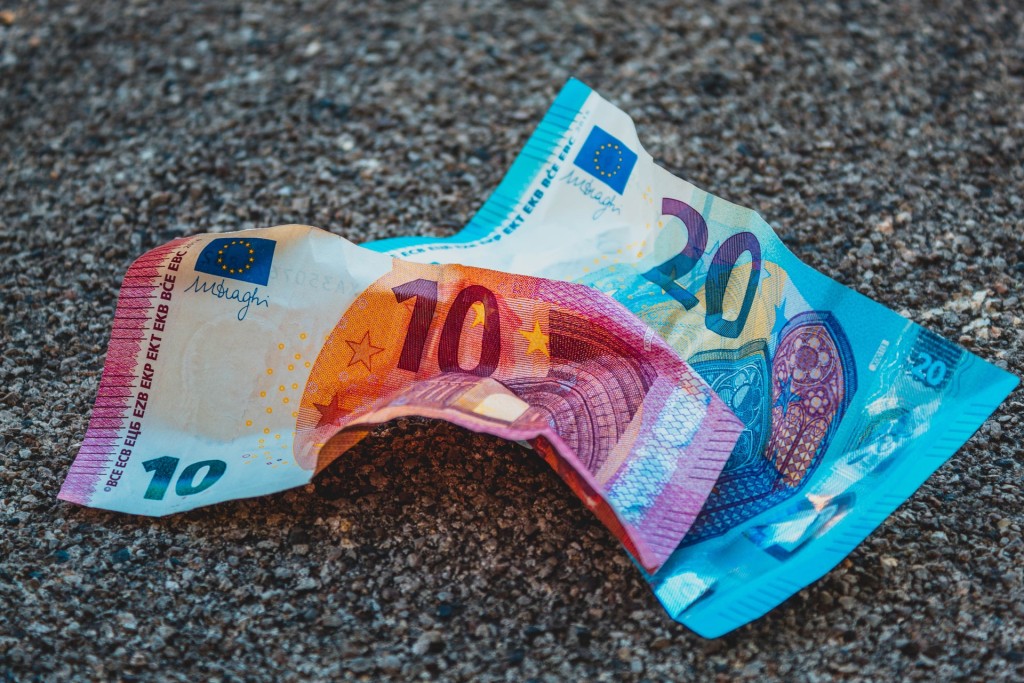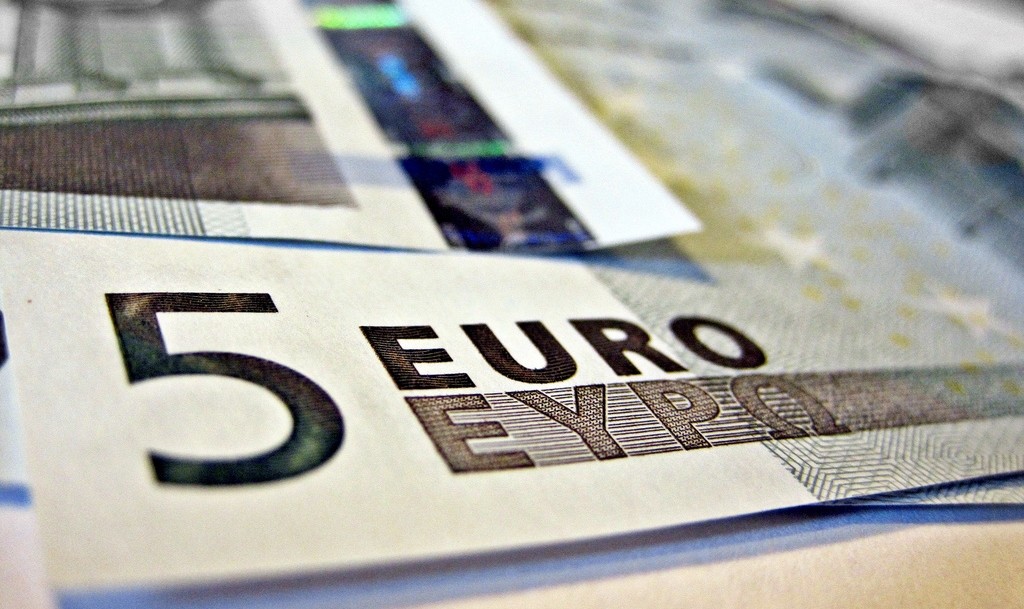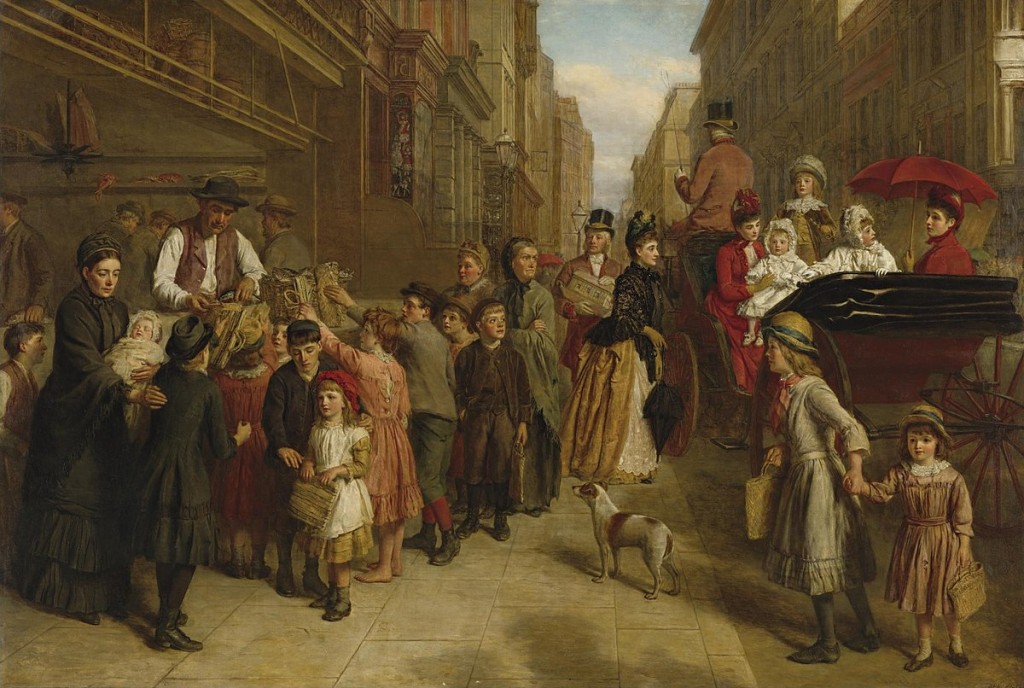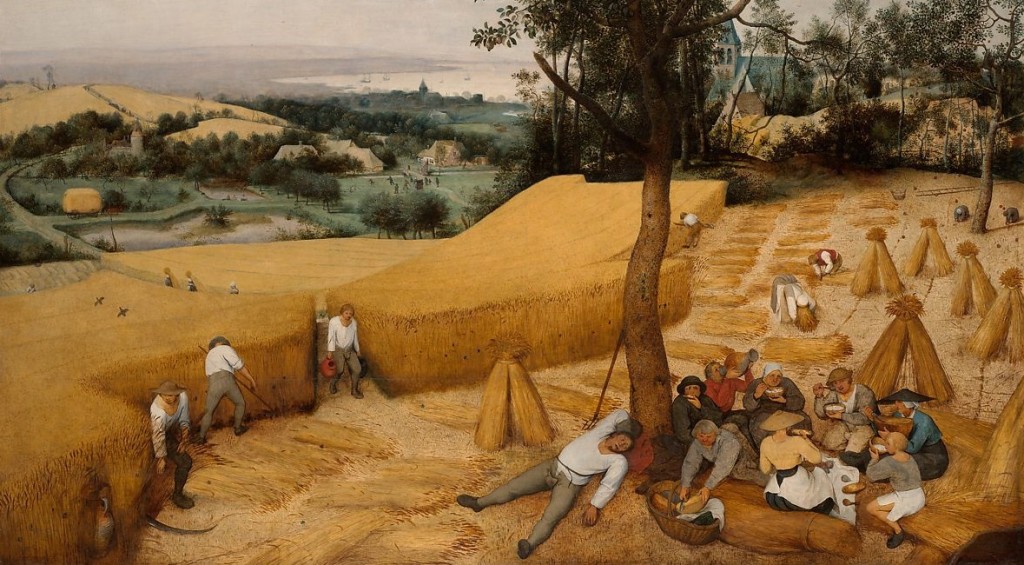
Train Journeys Became Luxurious in Poland
Poland\'s national railway system has left much to be desired in terms of quality of service, starting from the frequent delays and cancellations. However, since January 11, 2023, there has been an additional factor refraining potential customers from relying on the most environmentally friendly mode of transportation.











